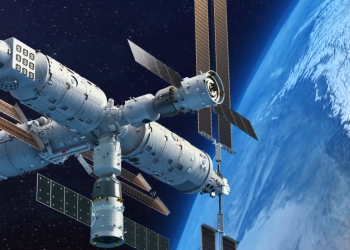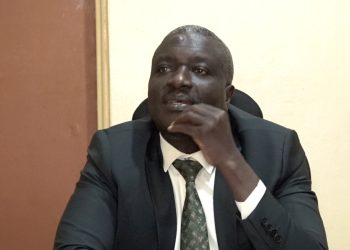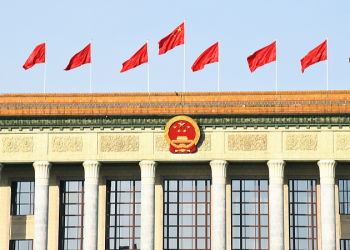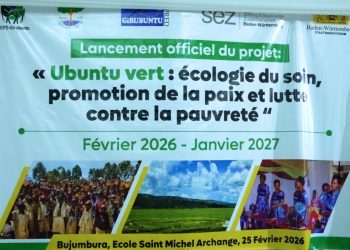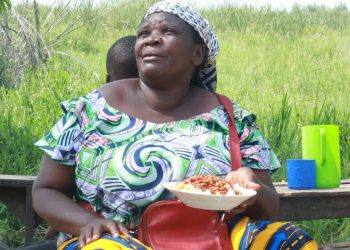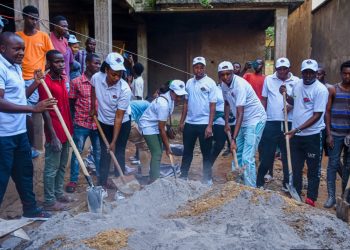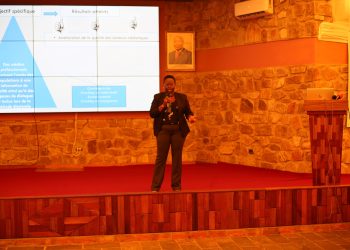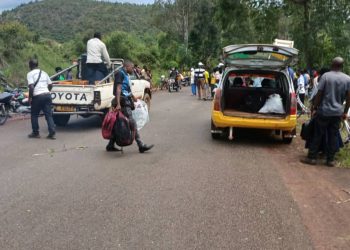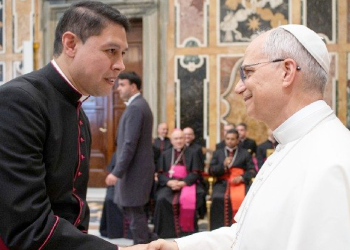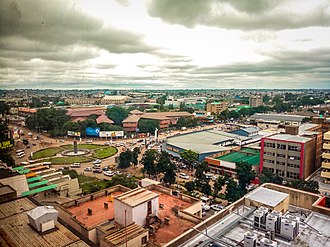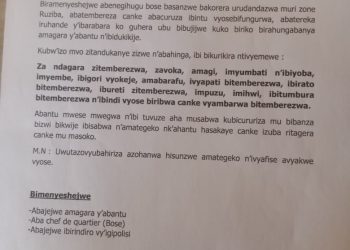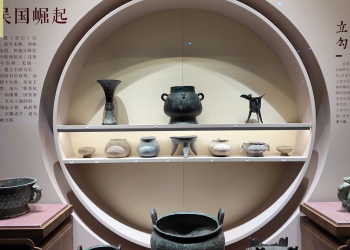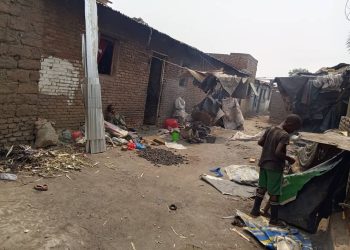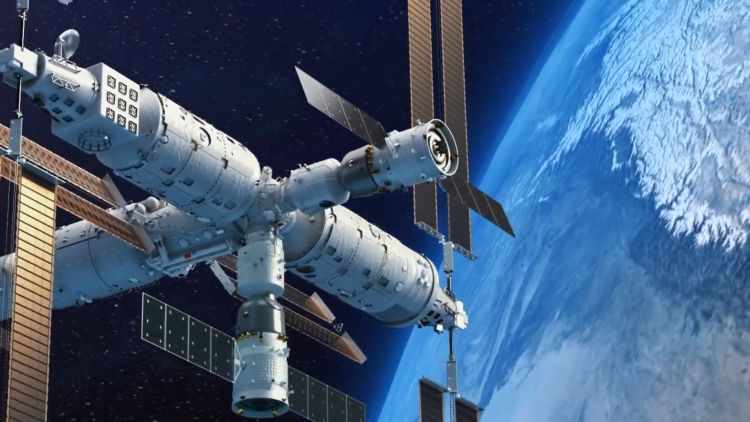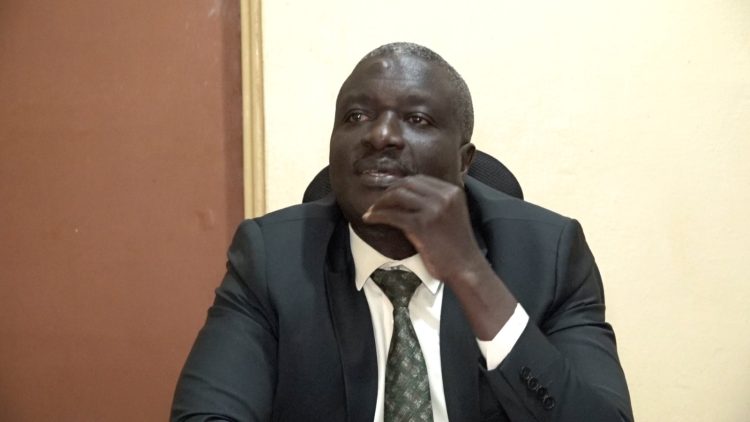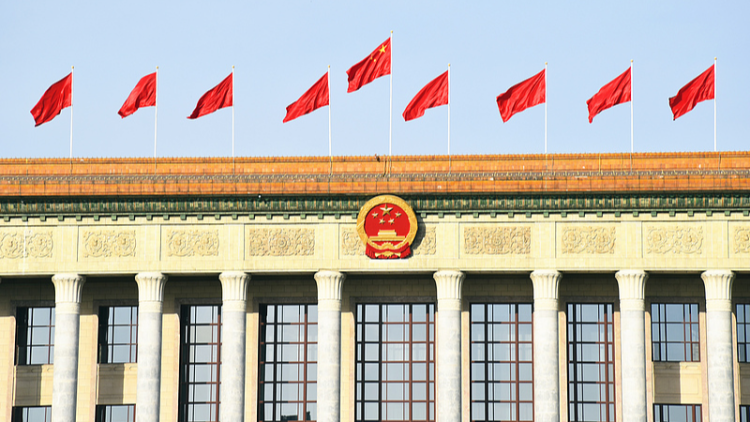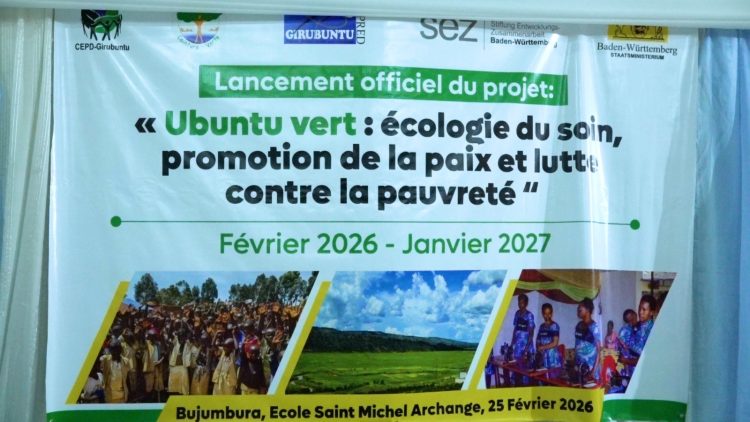The rumour has turned into a bloody reality on the ground. Global warming has successfully caused high levels of uncertainty about the future. Despite this uncertainty, one thing is certain: We will leave the Earth to our children and future generations.
According to the United Nations report (https://unocha.exposure.co/la-montee-des-eaux-cause-de-graves-inondations-au-burundinb) of June 2021 Burundi about climate change, 2018, 445 natural disasters have affected nearly 270,000 people in Burundi. 100.000 of them have been internally displaced. Burundi is one of the 20 countries in the world most vulnerable to the devastating effects of climate change, according to the above data.
Despite the highest level of uncertainty, the Bible states there is hope: “If a tree is cut down, it will sprout again, and its new shoots will not fail.” But why? Increasingly, young people especially in Burundi are aware of the challenges and opportunities that low carbon growth entails, so they are participating in the global dialogue on solutions, getting involved, and taking action. Young people around the world are working on climate change to determine their future, and their actions inspire us all.
Here are a few examples:
A young environmentalist from Bubanza, Emmanuel Niyoyabikoze, has been moved by the severe drought that has ravaged his province and the consequences. He is investing his energy, time, and money in planting trees. With a clear goal in mind of planting 50,000,000 trees; 872,785 trees have already been planted with a significant record of 1,500,000 trees planted this year in 2021.
After witnessing the death of their three cows due to swallowing plastic thrown in the nature, Jolis Nduwimana, a young entrepreneur got the idea of combating the excessive use of plastic bags which has caused an alarming state of earth pollution and climate change. He is eliminating plastic bags by replacing them with manufactured eco-friendly packaging from banana waste. “Burundi used to be a wondrous landscape but now is deserted, dirty, polluted, and unproductive because of plastic bags,” he said.
Recent research made by the small grants program (file:///C:/Users/HP/AppData/Local/Temp/SGP_Summary2018-2019-Digital-1.pdf)2019 showed that by 2050, there will be 12 billion tons of plastic in landfills and the natural environment. They have also shown the cost of plastic on environmental degradation, climate change, and hazardous health which has attained USD $139 billion annually.
Many hands make light work. “Even though there are many companies which are combating toward eliminating the use of plastics by recycling them, no company has succeeded to vanish them,” Said Exode NKUNZIMANA a young entrepreneur and innovator who produces fuel oil from plastic waste. It is unbelievable. Apart from eliminating plastics which are among the environment’s biggest pollutants; he mentioned that his produced fuel oil will help in eradicating the plight and atrocious fuel shortage that Burundi usually faces. He dreams of a green world free of plastics.
The recent census of young unemployed in Burundi operated by Media Box Company on September 12, 2020, revealed that 286,515 young people between the age range of 16 and 40 are jobless. However, Ornella UWIMANA a brave mother of one has decided to stand out from the crowd and challenge unemployment by producing living room furniture by recycling old and not-in-use tires.
“Plastics are not threats, but potentials to be recycled into decorative items,” said Gad NIYOMUKUNZI an artist who runs Makerspace Burundi, an initiative that consists of recycling plastic bags into decorative items such as flowers. In addition, through recycling, young people not only create their own jobs but also protect the environment.
He called upon all plastic users to stop throwing them wherever and however because terrible climate change effects do not distinguish.
In most developing countries including Burundi, the population depends on wood fuels (fuelwood and charcoal) (https://www.fao.org/3/l2015e/l2015e01.htm)to satisfy their energy requirements for cooking, washing, and space heating. In low-income urban areas of Burundi, charcoal is the dominant cooking fuel, accounting for more than 90% of the total. Wood is the major cooking fuel on the outskirts of larger cities, in smaller towns, and in rural areas. As the result, the soil of Burundi is now denuding. To alleviate the above situation; Delphin Kaze, of well-known entrepreneur, has successfully implemented KABIOF an initiative of managing waste by recycling it into ecological products, including ecological cooking energies to save the wood or trees which are the lungs of the earth.
In his poignant speech, the Head of State Evariste NDAYISHIMIYE, nicknamed a friend of young people, thanked and awarded the best 10 young entrepreneurs and innovators during the closing ceremonies of innovation week organized in partnership with the United Nations Development Programs (UNDP). The young entrepreneurs were awarded three million and five hundred thousand Burundian francs. Most importantly, they will be technically and financially supported by the UNDP to successfully implement their innovative solutions.
By Avit NDAYIZIGA


